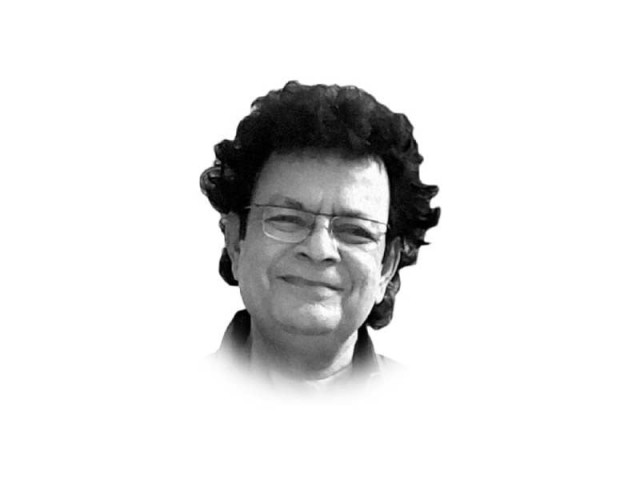Let’s huddle to find a way out of prevailing crises
Difficult to be free from the intricacies of rules of the statecraft that demand nothing but adjustments at all levels

Since its inception, Pakistan has been experiencing existential challenges. The culmination of such threatening visitations came when its Eastern wing seceded and became Bangladesh. However, from the debris of the dreams that the founding fathers of the Land of Pure had imagined at the time of Independence, emerged a new Pakistan, which despite crises of all kinds, stood up, just because of the then charismatic leadership of Zulfikar Ali Bhutto. Unlike other politicians who relied on their beaten direction, he took the populist route to rekindle hope in the hopeless Pakistanis, who enthusiastically threw their lot in his support and embraced his policies to mark the transformation.
Soon, dismay fell off and light broke through a tunnel. During that cataclysmic era, we learned to unite, have positive thoughts about the wretchedness of the land, and also acknowledge the importance of words, being broadcast then on Radio Pakistan. It was music for every young citizen who wanted to contribute to national leadership. Whenever a talk stemmed from the state organs, people would glue to their transistors, because the impassioned words and their appropriate use were a new thing for them. This is because in those days, politics began and ended in elites’ drawing rooms. But, after the dismemberment of the united Pakistan, a surge of popular polemics was witnessed by people who wholeheartedly rallied with the leader who was spoke their language.
Undoubtedly, it was no smooth sailing for a leadership that visibly was at the crest of popularity. Therefore, the effects of it impelled the leader to lay the foundation of impenetrable defence that was disliked by the international establishment that outright threatened dire consequences if the process went on. So went through the process of elimination at the powerhouses that mattered. Time was up for the wave of populism. What happened thereafter is a sordid chapter of Pakistani history, which unfortunately was read by the incoming leadership faithfully that even the men on the horseback were accorded cordial welcome. This was in the hope that it might cultivate support of the relevant quarters to secure the political future of the country.
Following the secession of East Pakistan, it had been rather difficult to be free from the intricacies of the rules of the statecraft that demand nothing but adjustments at all levels. If petty interests in the guise of national ones are put aside by the powerhouses, this country can easily sail through the choppy water. Our economic condition will be on a par with our sub-continental neighbouring nations which have progressed due to the continuation in political leadership. Had there been no Nehru in India and Sheikh Hasina in Bangladesh, these countries would not have been different from ours. Therefore, if powerful vested interests wish to see progress here, they will have to allow the promising political leadership to decide the fate of the nation in line with the will of the people. Otherwise, a stable Pakistan will remain a far-fetched idea.
No power on earth can bring about change until people set their priorities themselves. For the well-being of the people and for this country to get prosperous, the same old reservations that the different stakeholders harbour against each another needs to be reconsidered, as a chaotic Pakistan is not even in the interest of the world, let alone its influential quarters. Thus, there is the need for some serious soul-searching at a huddle of all stakeholders to be convened by the powers-that-be with a view to bringing calm among those agitated by the foul play at the general election.
Published in The Express Tribune, March 13th, 2024.
Like Opinion & Editorial on Facebook, follow @ETOpEd on Twitter to receive all updates on all our daily pieces.















COMMENTS
Comments are moderated and generally will be posted if they are on-topic and not abusive.
For more information, please see our Comments FAQ